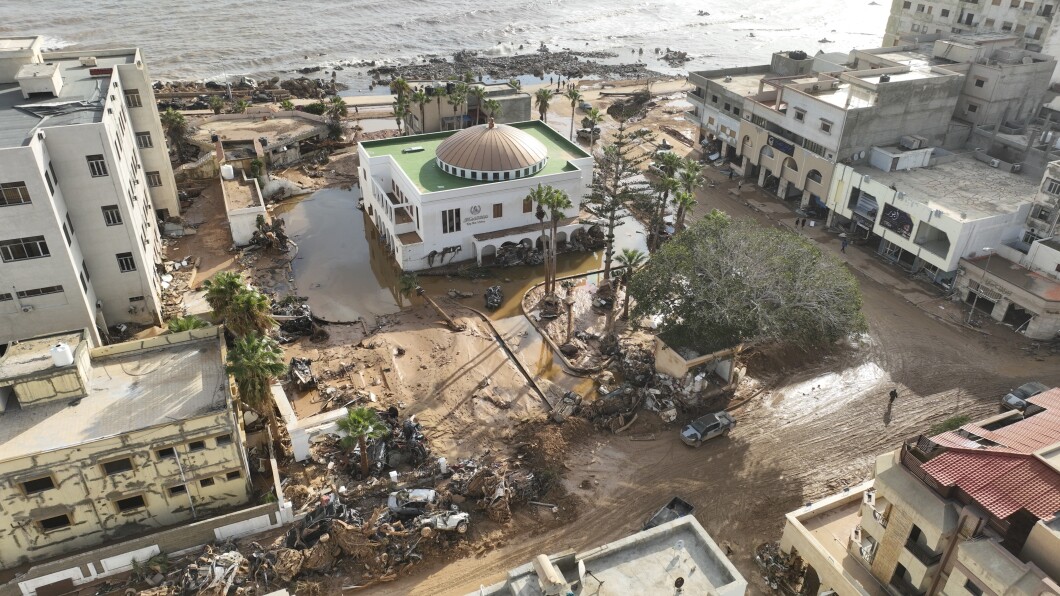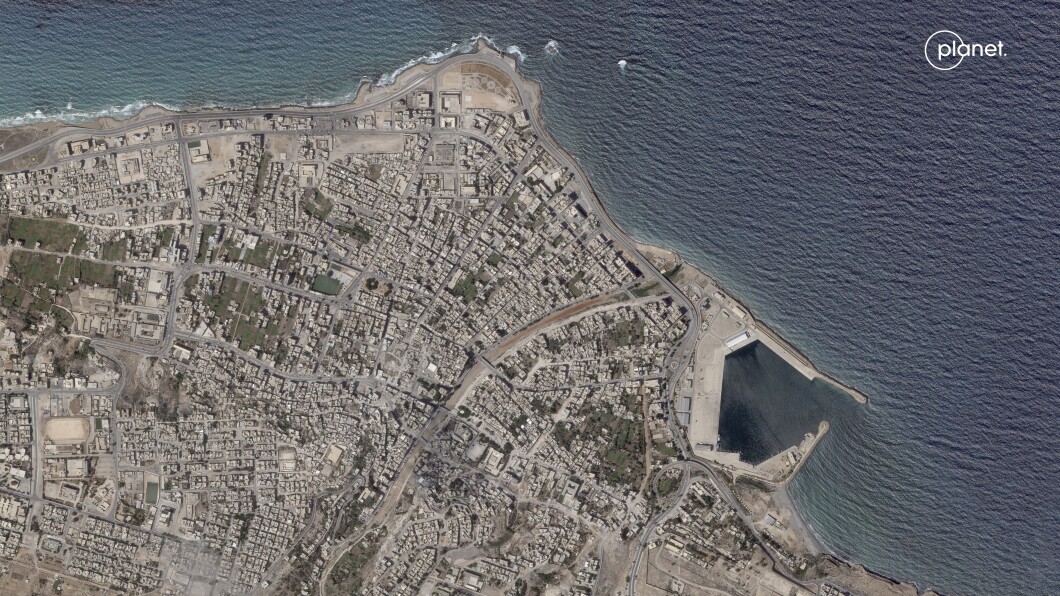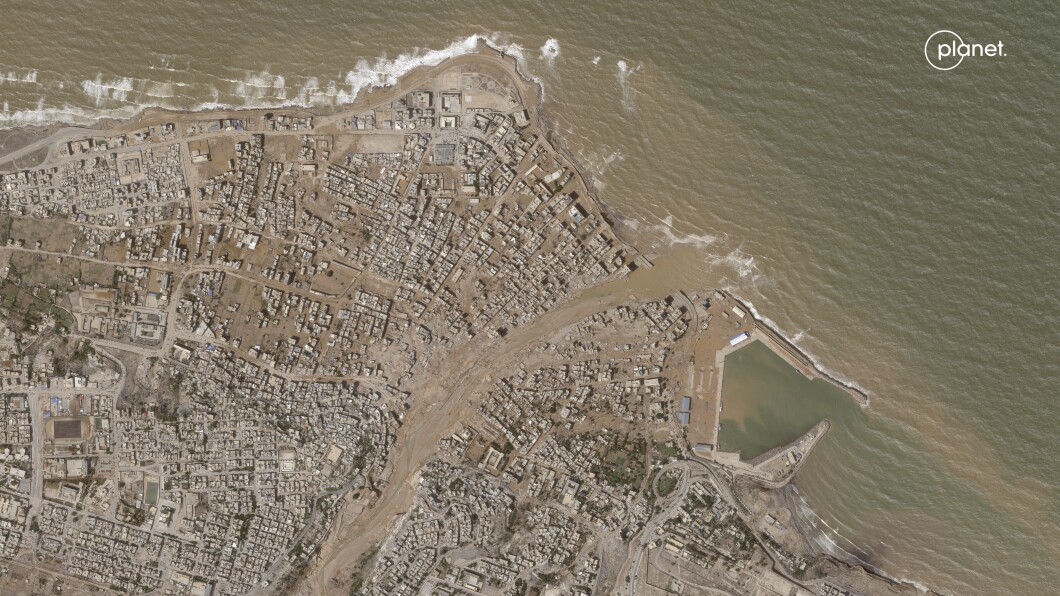
Rescue workers continue their efforts to save and recover thousands either dead or missing in eastern Libya, where Mediterranean storm Daniel has wreaked havoc on a country mired in instability.
Emergency workers located 1,500 bodies in Derna, Libya, on Tuesday, the Associated Press reported, but thousands more are feared dead as they have been unaccounted for after massive floods destroyed dams and swept through entire neighborhoods in and around the city of roughly 90,000.

Disaster struck on Sunday night when citizens realized the dams outside their neighborhoods had collapsed and water was rushing in. Turbulence in the region caused by rival factions vying for power was said to have exacerbated the region’s already fragile infrastructure.
With the dams destroyed, flash floods poured down Wadi Derna, a river stretching from the mountains through the city and into the sea. Water and mud carried structures away, displacing more than 40,000 people, Tamer Ramadan, Libya envoy for the International Federation of Red Cross and Red Crescent Societies, said, adding that the dire state of eastern Libya is just “as devastating as the situation in Morocco,” where roughly 3,000 people have been killed by an earthquake.
The United States State Department reacted to the natural disaster on Monday, writing in a statement, “The United States expresses its sympathies and condolences to those affected by the devastating flooding in Libya. The United States is coordinating with UN partners and Libyan authorities on how we can assist the ongoing relief efforts.”
It wasn’t until Tuesday that aid started to arrive in Libya, more than 36 hours after the flash flooding began. Satellite images show Derna before and after the floods ravaged the city.


CLICK HERE TO READ MORE FROM THE WASHINGTON EXAMINER
Exactly two months ago, the United Nations Support Mission in Libya released a statement, saying it was “deeply disturbed by the continued abductions, arbitrary arrests, and disappearances of citizens and public figures by various security actors in Libya.”
“These acts create a climate of fear, promote tensions between communities and tribes, and have serious implications for the unification of national institutions. Moreover, this conduct is not conducive to the holding of transparent and inclusive elections nor national reconciliation,” the U.N. mission added.



